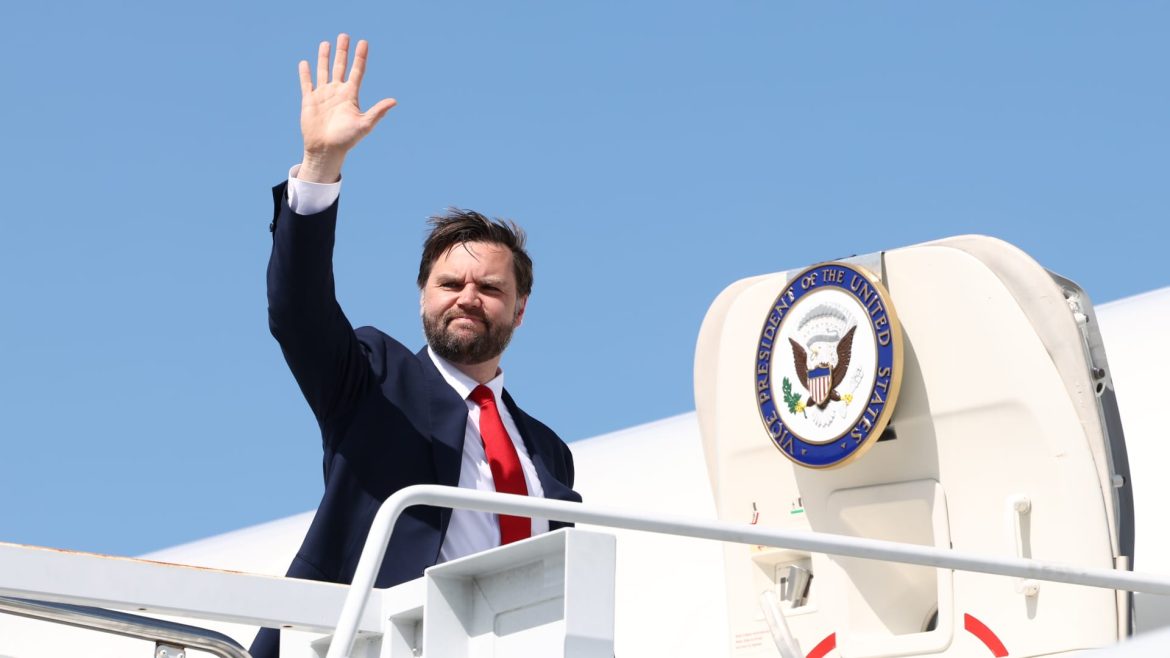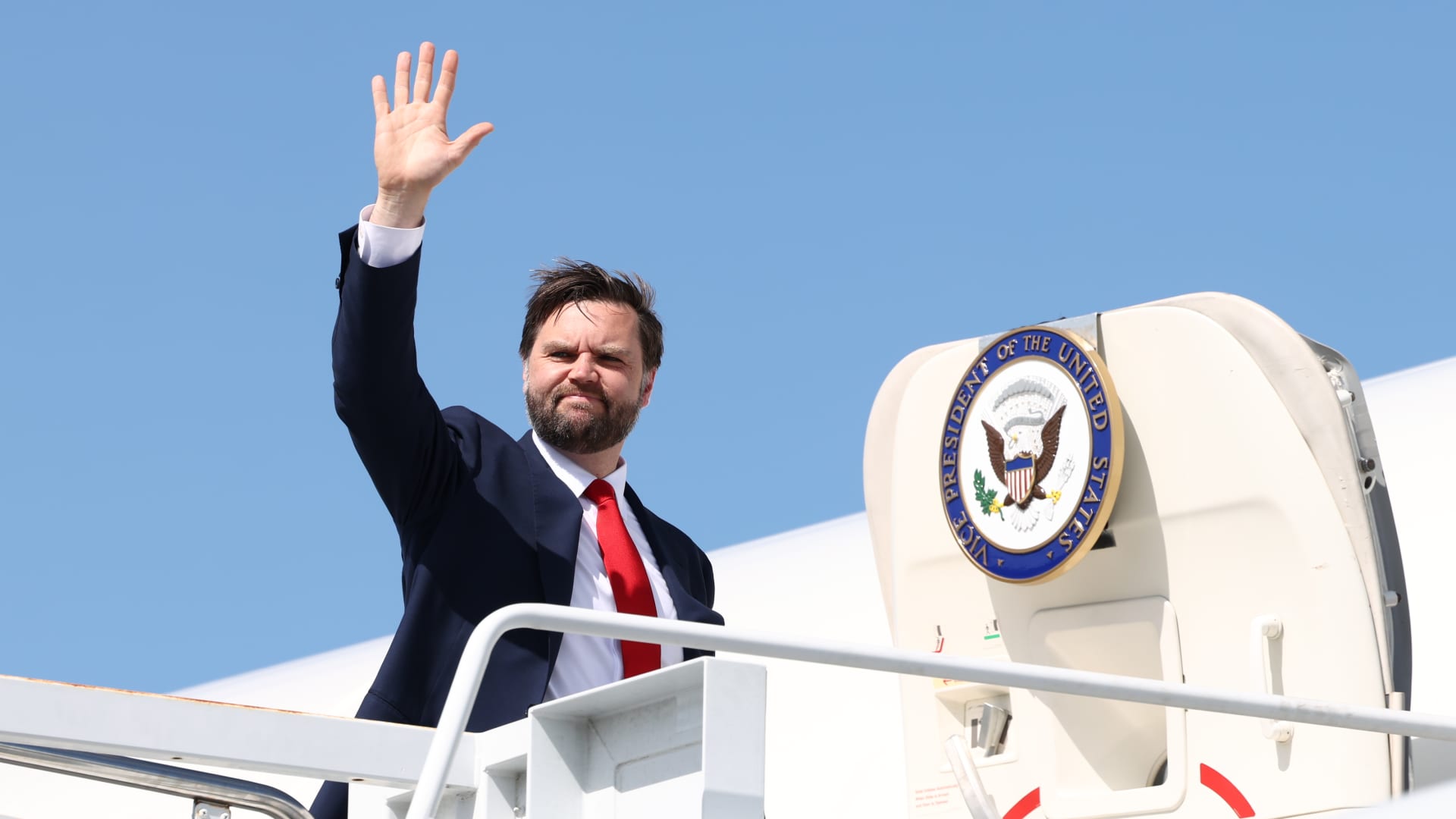The Prolonged Conflict: JD Vance’s Perspective on the Ukraine-Russia War
The geopolitical landscape is fraught with tensions, and none more so than the ongoing conflict between Russia and Ukraine. U.S. Vice President JD Vance has recently offered his insights on the situation, painting a picture of a protracted and complex war that shows no signs of abating in the near future. This report delves into Vance’s statements, the broader context of the conflict, and the implications for global stability.
The Current State of the War
The war in Ukraine, which began with Russia’s full-scale invasion in February 2022, has been a devastating and prolonged conflict. Despite numerous efforts to secure a lasting peace, the fighting continues unabated. Vance’s comments, made during an interview with Fox News, underscore the grim reality that the war is far from over. He emphasized that the conflict is “not going to end any time soon,” a sentiment that reflects the deep-seated issues and entrenched positions of both Russia and Ukraine.
The Role of the United States
The United States has been a significant player in the Ukraine-Russia conflict, providing military aid, economic support, and diplomatic backing to Ukraine. Vance’s remarks come on the heels of a historic deal between the U.S. and Ukraine, where the two countries agreed to share the profits of Ukraine’s mineral resources in exchange for reconstruction assistance. This deal, while significant, does not alter the fact that the war is far from resolved.
Vance’s praise for U.S. President Donald Trump’s administration highlights the bipartisan support for Ukraine within the U.S. political sphere. However, the limited success in halting hostilities suggests that the conflict is driven by factors beyond immediate political or economic solutions. The U.S. administration’s focus now shifts to how it can best support Ukraine while navigating the complexities of international relations.
The Path to Peace
The path to peace in Ukraine is fraught with challenges. Vance’s assertion that it is now up to the Russians and Ukrainians to end the war underscores the need for direct negotiations and mutual concessions. The U.S. and other international actors can provide support and mediate talks, but ultimately, the resolution of the conflict lies in the hands of the two warring nations.
The historic minerals deal between the U.S. and Ukraine is a step towards rebuilding Ukraine’s infrastructure and economy, but it does not address the root causes of the conflict. The U.S. administration’s willingness to step aside and let the parties involved take the lead in negotiations is a strategic move that acknowledges the limitations of external intervention.
The Global Implications
The prolonged war in Ukraine has far-reaching implications for global stability. The conflict has strained relations between Russia and Western nations, leading to economic sanctions, diplomatic isolation, and a heightened state of military readiness. The war has also disrupted global supply chains, exacerbated energy crises, and fueled inflation in various parts of the world.
Vance’s comments serve as a reminder that the conflict in Ukraine is not an isolated event but a symptom of deeper geopolitical tensions. The war has the potential to reshape the global order, with implications for NATO, the European Union, and other international organizations. The U.S. administration’s approach to the conflict will have a significant impact on how these tensions are managed and resolved.
The Human Cost
Beyond the geopolitical and economic dimensions, the war in Ukraine has exacted a tremendous human toll. Thousands of lives have been lost, and millions of people have been displaced. The conflict has destroyed homes, infrastructure, and livelihoods, leaving a lasting impact on the Ukrainian people. Vance’s acknowledgment of the war’s brutality underscores the urgent need for a resolution that prioritizes the well-being and security of the Ukrainian population.
Conclusion: A Call for Resilience and Diplomacy
In conclusion, JD Vance’s assessment of the Ukraine-Russia war as a prolonged and complex conflict is a sobering reminder of the challenges ahead. The war’s resolution will require sustained diplomatic efforts, mutual concessions, and a commitment to peace from both Russia and Ukraine. The U.S. and other international actors have a crucial role to play in supporting these efforts and providing the necessary resources for reconstruction and recovery.
The path to peace in Ukraine is long and fraught with obstacles, but it is a journey that must be undertaken with resilience and determination. The global community must remain steadfast in its support for Ukraine while working towards a resolution that ensures lasting stability and security for the region. The war in Ukraine is not just a conflict between two nations; it is a test of the world’s ability to uphold the principles of sovereignty, democracy, and human rights. The outcome of this conflict will shape the future of global politics and set a precedent for how international disputes are resolved.


